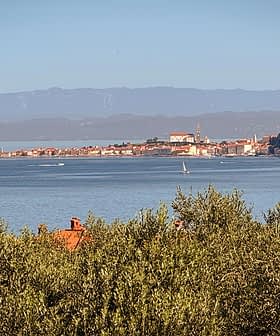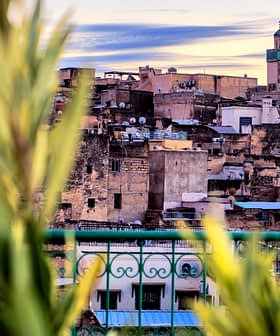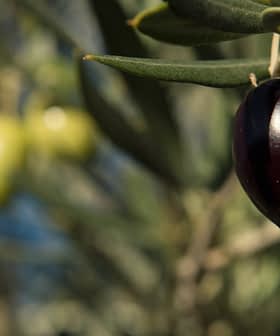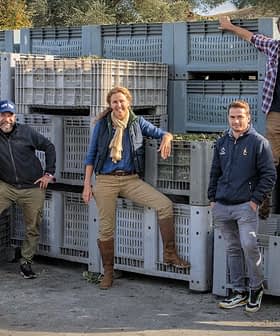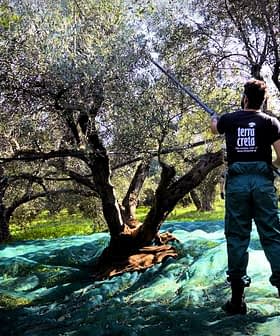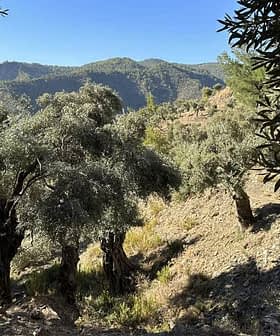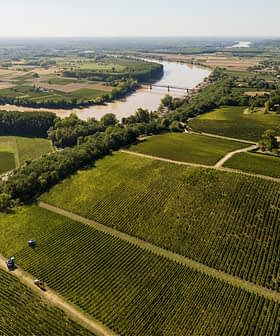Hazara’s Olive Oil Boom Lays Roadmap for Pakistani Sector

Hazara in northwestern Pakistan is leading the way in olive cultivation, with over 1,000 hectares dedicated to olive trees and high-quality oil production. The region’s success has encouraged national efforts to expand olive cultivation in Pakistan, with the goal of achieving self-sufficiency and becoming a significant exporter of olive oil.
The northwestern Pakistani region of Hazara has become a proving ground for the national olive oil sector.
Officials and producers are encouraged by early results, believing the region has provided a roadmap for the rest of Pakistan and opened the door to large-scale exports.
Olive oil production in Hazara has risen from 90 kilograms in 2019 to over two tons in 2022 and 2023, providing substantial financial benefits to farmers.
“Hundreds of farmers are attracted to grafting olives on a local breed named Kaho,” said Basharat Hussain Shah, the National Tea and High-Value Crops Research Institute (NTHRI) senior director.
“Within two to three years of planting, the trees have started yielding, with the yield increasing each year,” he added. “Over 1,000 hectares of land in Hazara are dedicated to olive trees, and this area is growing annually.”
See Also:Festivals, Conferences Build Momentum for Pakistani Olive Oil SectorSabir Sultan is one of the pioneers of olive growing in Hazara, planting the first olive trees of the Zaitoon Family Foundation in 2010.
Over the past 14 years, Sultan has cultivated about 5,000 olive trees via graft, half of which have started producing fruit.
“The climate of Hazara is very suitable for olive cultivation,” he said. “The land space is vast, making cultivating large quantities of olive plants easier.”
The combination of land availability and appropriate olive growing conditions have made Hazara a candidate for larger-scale olive farms, which help to lower agronomic and harvesting costs.
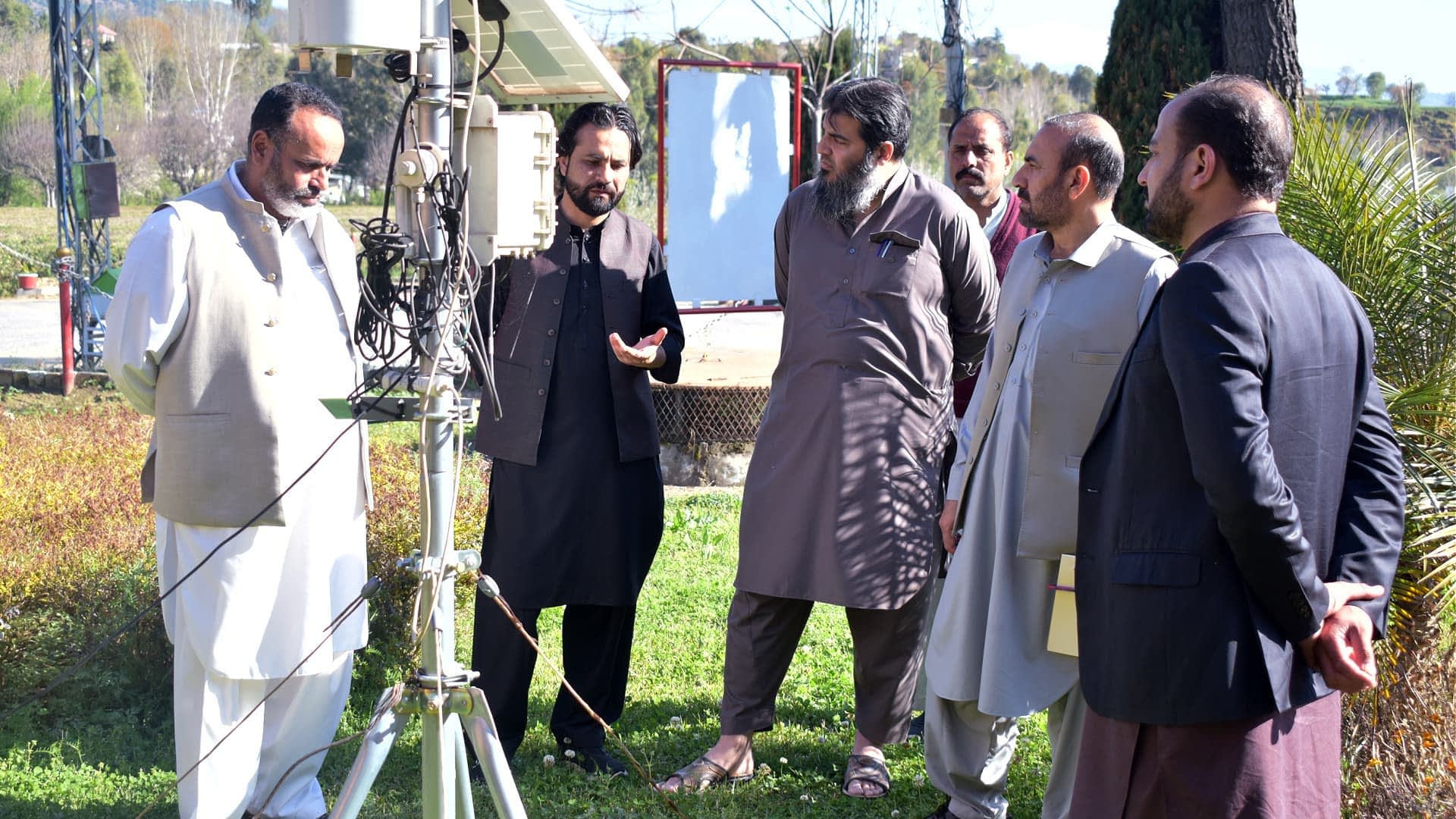
Basharat Hussain Shah (left) sees the potential of grafting local olive tree varieties in Hazara and across Pakistan.
Additionally, Sultan insisted that the region is already leading the way regarding quality.
“An official analysis took place in Pakistan to assess the quality of oil from different regions, and it was found that Hazara produces the highest quality of olive oil in all of Pakistan,” he said.
Along with Arbequina and Leccino, Sultan grows two varieties bred specifically for Hazara’s climate and soil conditions: BARI Zaitoon‑1 and BARI Zaitoon‑2.
“Given the fertility and suitability of the land, if olive cultivation is done efficiently, we will not only be able to stop the import of olive goods but also become capable of exporting it globally,” Sultan said.
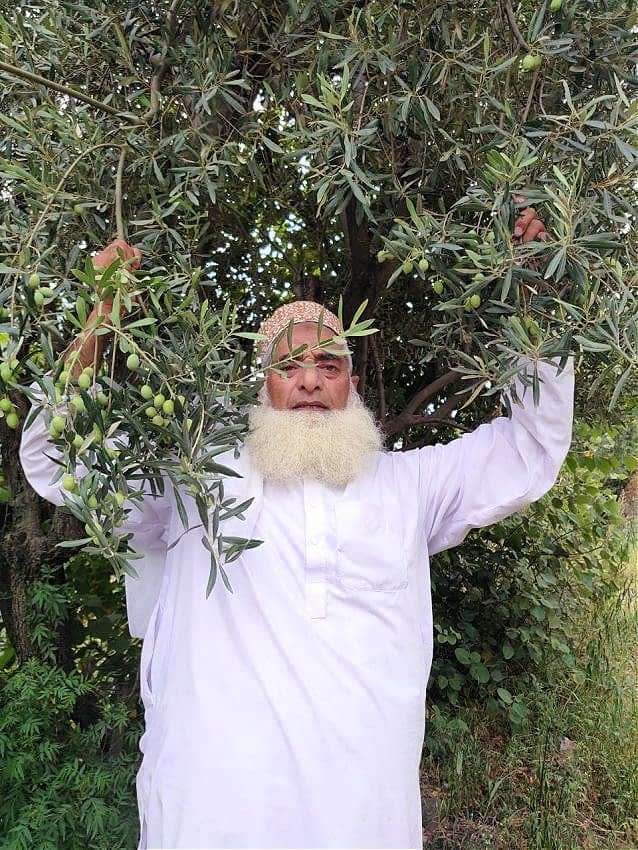
Sabir Sultan is a pioneer of olive farming in the Hazara region, where olive oil produciton is growing. (Photo: Sabir Sultan)
“The increase in olive cultivation can be extremely beneficial for Pakistan,” he added. “It can give an immense boost to the economy by reducing olive oil imports, which, along with tea, is one of Pakistan’s biggest imports.”
While Hussain said government support would be necessary for olive cultivation to spread and ultimately succeed in the South Asian country, he added that “the opportunities are limitless.”
The Hazara region, located in the wider Khyber Pakhtunkhwa province, serves as a microcosm for the wider Pakistani industry. Hussain believes many of Hazara’s opportunities and challenges are mirrored nationwide.
“Pakistan’s climate and soil conditions are suitable for olive cultivation, particularly in the northwest regions like Khyber Pakhtunkhwa and Punjab,” he said. “The country has made significant progress in olive farming, with many farmers adopting modern cultivation practices and irrigation systems.”
Despite this progress, Hussain warned that several obstacles impede its full potential.
“Pakistan’s olive production still lags behind global standards in several key areas,” he said. “The country’s average yield per hectare is significantly lower than major olive-producing nations such as Spain, Italy and Greece.”
“Additionally, the quality of Pakistani olive oil often does not meet international standards due to inadequate processing and storage facilities,” Hussain added. “Furthermore, Pakistan’s olive industry primarily focuses on a few popular varieties, while international markets demand a broader range of cultivars.”
“To address these issues and reach the expected levels, Pakistan must invest in research and development to enhance yields and quality, improve farmer capacity building and training programs, develop modern processing and storage infrastructure, explore new markets and export opportunities and encourage the adoption of sustainable and precision farming practices,” he continued.
Several initiatives are underway to address these problems, including a project to promote commercial olive cultivation, primarily funded and supported by the Ministry of National Food Security and Research.
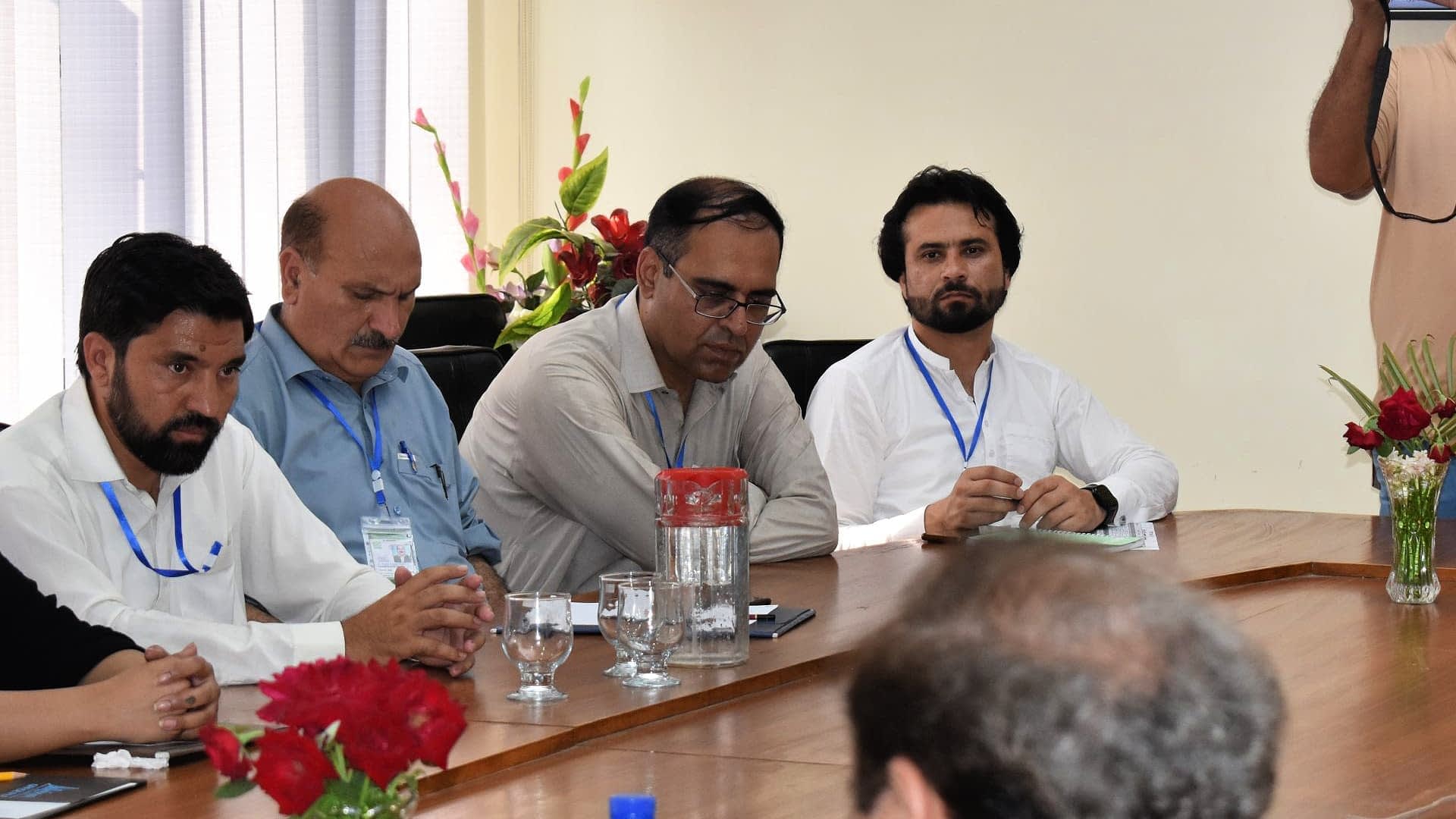
Saeed Ur Rahman (right) is among the specialists working to develop olive farming in northwestern Pakistan. (Photo: Saeed Ur Rahman)
“This ambitious project aims to plant olives on 75,000 acres (30,000 hectares) nationwide to achieve self-sufficiency in olive oil production,” he said. “Additionally, the government is providing a 67 percent subsidy, with a 33 percent farmer share, for purchasing new olive saplings and assisting farmers with installing drip irrigation systems for olive orchards.”
Hussain applauded the work of the Center of Excellence for Olive Research and Training (Cefort), BARI Chakwal and ARI Tarnab to advise local olive growers and millers.
“Furthermore, the initiative includes grafting over to three million wild olive trees and training approximately 2,800 farmers and olive stakeholders annually,” he said.
Hazara has been at the heart of these efforts.
“The government is linking farmers with private sector vendors for processing, value addition, marketing and branding of olive products,” said Saeed Ur Rahman, a Hazara-based olive specialist with the Pakistan Agriculture Research Council (PARC). “The establishment of processing units is also underway, with the potential to generate employment.”
“In Hazara and other regions, five million wild olive trees are being grafted into productive fruit-bearing trees,” he added.
Hussain said constructing a 200-kilogram-per-hour mill in Hazara has helped increase production and quality; four more mills have been built across Khyber Pakhtunkhwa.
“The yield from 48.5 kilograms of olive fruits amounts to an impressive 7.5 liters of high-quality extra virgin olive oil,” Hussain said.
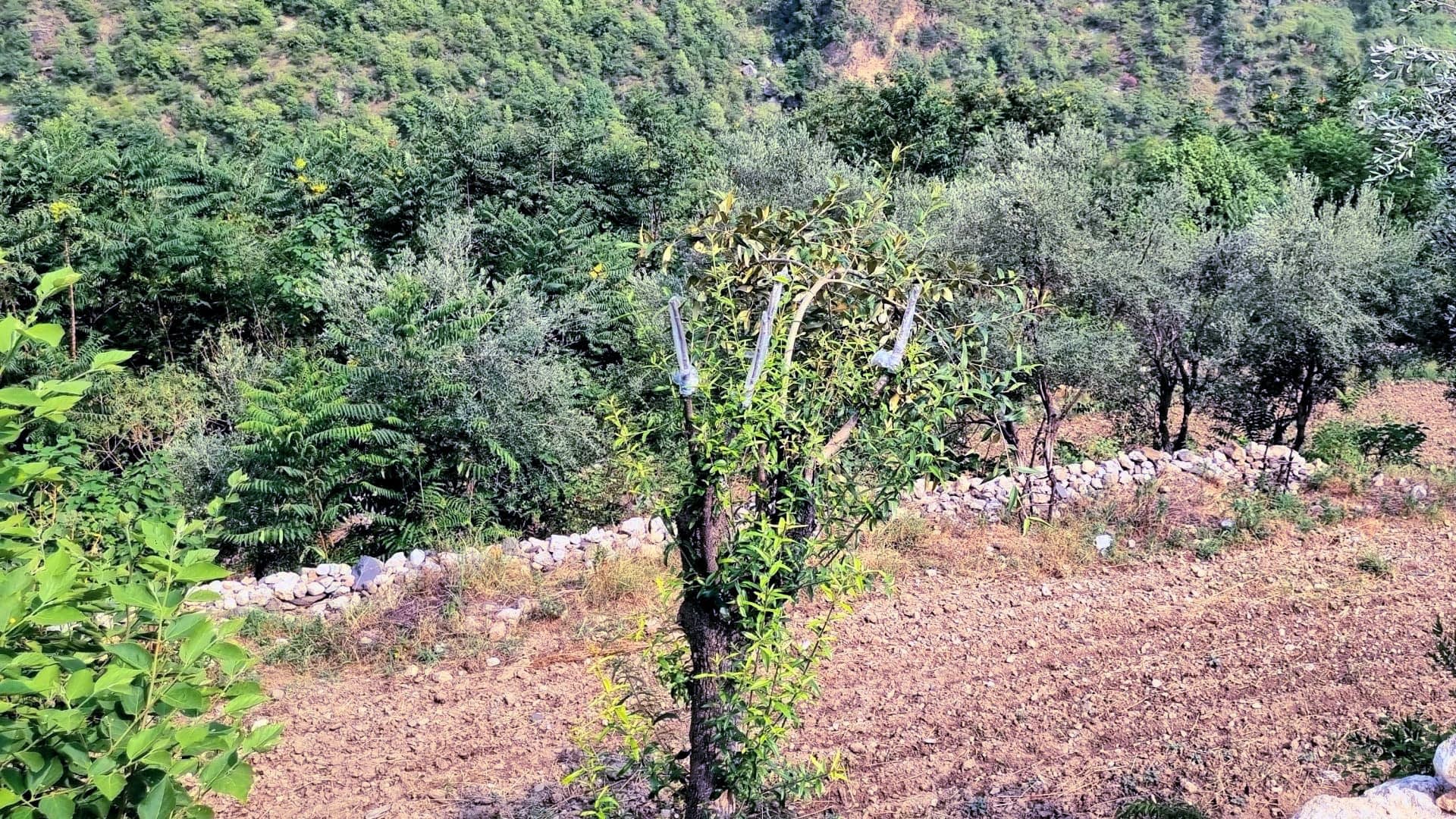
Agronomists are helping farmers graft endemic wild olive trees across Hazara. (Photo: Wasim Shahzad)
“Olive oil production in Hazara has risen from 90 kilograms in 2019 to over two tons in 2022 and 2023, providing substantial financial benefits to farmers,” he added.
According to Saeed, Pakistan produced 86 tons of olive oil in the 2022/23 crop year, most of which was virgin and extra virgin.
“The country has around seven million olive trees planted on 25,000 hectares, with the potential production of these already-planted groves expected to reach 1,400 tons annually,” he said. “By 2027, production is projected to exceed 10,000 tons annually.”
“In the fiscal year 2022/23, approximately 110 tons of olive oil were produced, and 40 tons of fruit were value-added, generating economic activity worth 300 million Pakistani rupees (€990,000),” Saeed added. “This development has resulted in job creation in resource-poor rural areas, highlighting the significant impact of olive cultivation on the local economy.”
Hazara now significantly contributes to Pakistan’s overall olive production.
“The region holds substantial potential for boosting Pakistan’s overall olive production, with hundreds of thousands of Kaho trees (wild olives) driving economic and agricultural prosperity,” Hussain said.
As a result of its efforts to expand production, Pakistani officials believe the country will soon be self-sufficient and may even have the capacity to export olive oil.
“Pakistan is on its way to becoming a significant exporter of extra virgin olive oil in the future,” Hussain said. “In 2022, the country exported over $1.9 (€1.8) million worth of virgin and extra virgin olive oil to seven countries, with most of the exports going to Mozambique and Canada.”
“As part of its strategic objective to reduce the trade deficit, Pakistan is actively promoting extra virgin olive oil exports,” he added. “Some Pakistani companies are already exporting to global markets, including China and the United States.”


